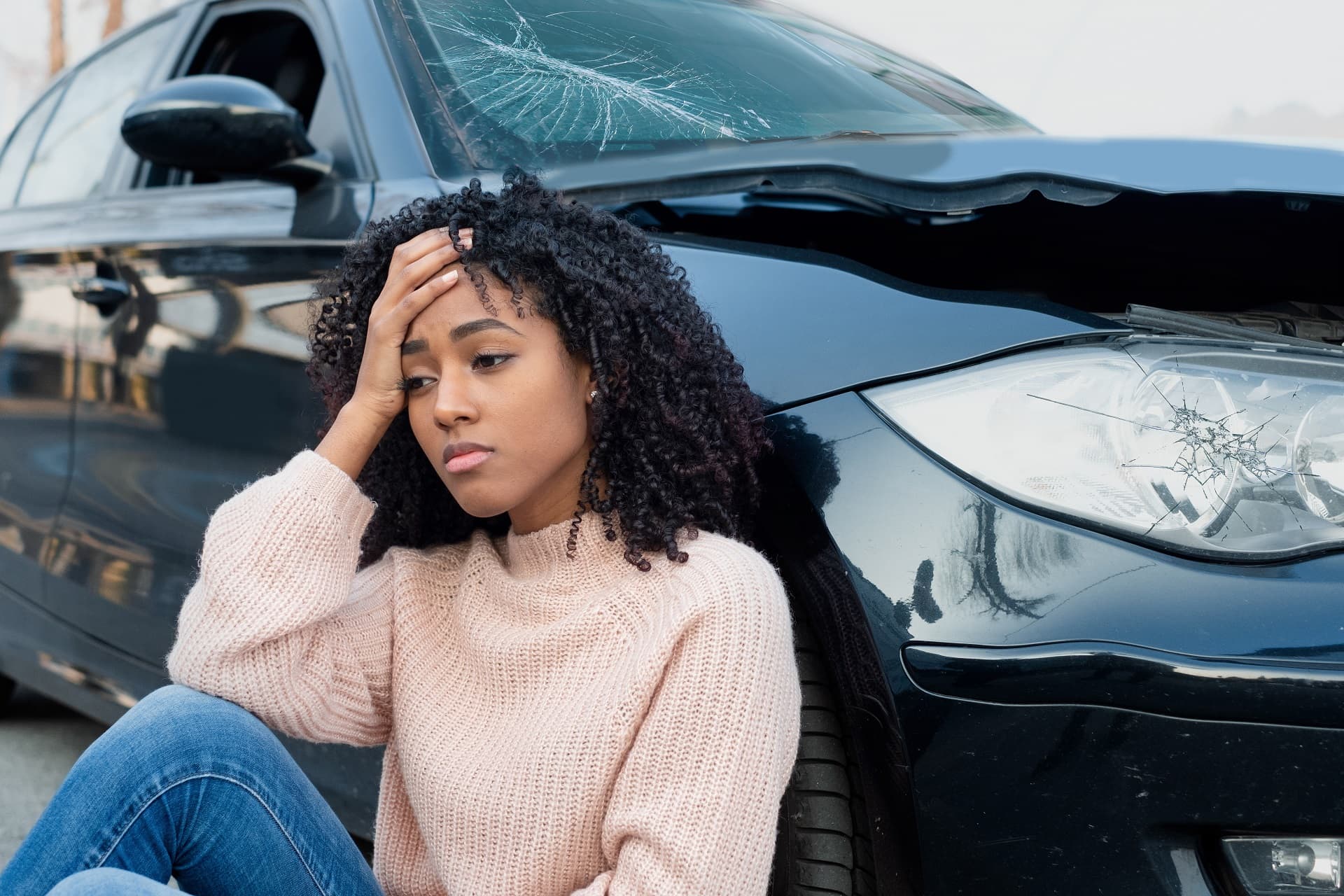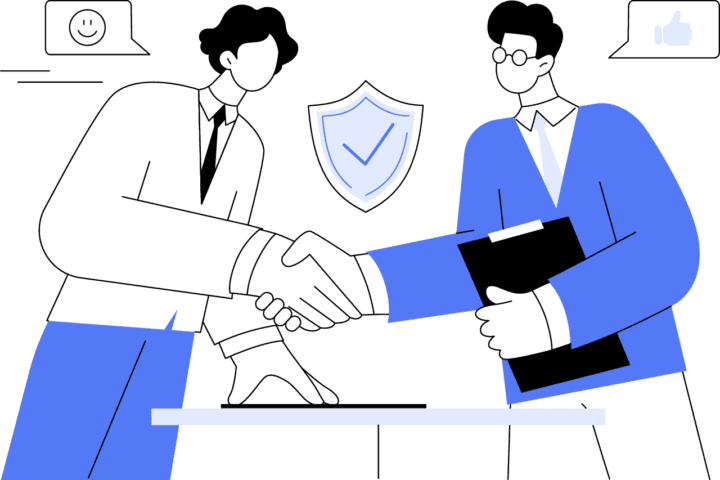Suffering an injury in a car accident often causes much more than physical pain. As you cope with your physical recovery, you may also worry about the medical bills piling up, the wages you are forced to miss out on because of your injuries, and other financial concerns that have sprouted up after the accident. It’s important to recognize that many auto accident injury victims experience emotional and mental hardship after the accident. If you are struggling with increased anxiety, feelings of depression, or other psychological consequences, you are far from alone. Enlisting the support of a trusted and compassionate Vancouver personal injury lawyer is a great way to help you take control of your situation and pursue the compensation you need to facilitate your recovery. Here are just a few of the ways that a car accident injury can affect your emotional and mental health.
An Unseen Problem
While people understand that auto accidents often cause physical and financial damage to those involved, little attention is paid to the emotional and psychological impact of suffering a car accident injury. Whether you suffered trauma during the collision or you have developed anxiety or depression on the path to your physical recovery, acknowledging your feelings is crucial to navigating the days, weeks, and months ahead. Resist the temptation to downplay what you are experiencing; instead, reach out to your doctor or make an appointment with a mental health therapist to discuss your concerns.
Look For Symptoms of Emotional Distress
The aftermath of an auto accident can be hazy, especially as the majority of your focus goes towards seeking treatment for your physical injuries. As the days pass, start to notice how this experience is affecting your emotional wellbeing. Car accident victims may start showing signs of emotional distress, which include feelings of anguish, anxiety, mood swings, bouts of anger, fearfulness, feelings of humiliation, crying, loss of appetite, insomnia, nightmares, and other symptoms that could interfere with your daily life. These disruptions may make it difficult for you to feel hopeful about the future or perform daily tasks around the house. While many signals of emotional distress resolve pretty quickly, some symptoms may persist and accompany—and sometimes impede—your physical recovery.
Recognize the Signs of PTSD
You may have heard about post-traumatic stress disorder (PTSD) before, but few people realize that symptoms can develop following a car accident. While most people assume PTSD is for those who have suffered an intensely traumatic event (i.e., soldiers in combat), anyone can develop symptoms at any time. Car accident victims may have recurring nightmares about the accident or avoid traveling by car because they fear experiencing another collision. Some of the most common symptoms associated with PTSD include recurring memories of the incident, flashbacks to the accident, nightmares, avoiding travel by car, feelings of intense distress when thinking about the accident, withdrawing from society, or developing depression. If you are experiencing any of these symptoms, seek help from your doctor or mental health therapist as soon as possible.
Long-Term Impacts of an Auto Accident
Although many mental and emotional issues associated with the accident will fade with time, there are some concerns about the long-term effects of some of these symptoms. For instance, some car accident victims may not develop PTSD symptoms until months after the accident. Additionally, passengers can develop mental and emotional fallout from an accident, even if they barely suffer physical injuries. All it takes is for the mind to believe it is in danger for emotional and mental concerns to develop. Unfortunately, many people find it difficult or even shameful to talk about their mental and emotional health, intensifying feelings of isolation during an already challenging recovery. Remember that you are never alone in your recovery, so lean on trusted friends and family to support you as you navigate this difficult period.
Regaining Control Over Your Recovery
Coping with your physical recovery is hard enough, not to mention the financial, emotional, and mental impacts a car accident can have on your overall health. The most important step you can take during your recovery is to seek out the help you need. Identify friends and family members who can support you and connect you with a therapist or attorney who can support you and help you achieve your goals. Build-in small ways to stay engaged in your daily life and routine to minimize feelings of isolation, anxiety, and depression. Connecting with a trusted and compassionate personal injury attorney can be a great source of strength, as you can feel hopeful about the future once more. Together, you and your attorney can take steps to recover the compensation you need to support your recovery.
If you need effective and compassionate legal guidance in the Vancouver area, call Henderson Taylor Law Firm today at (360) 737-1478 to discuss your situation with a trusted personal injury attorney.





